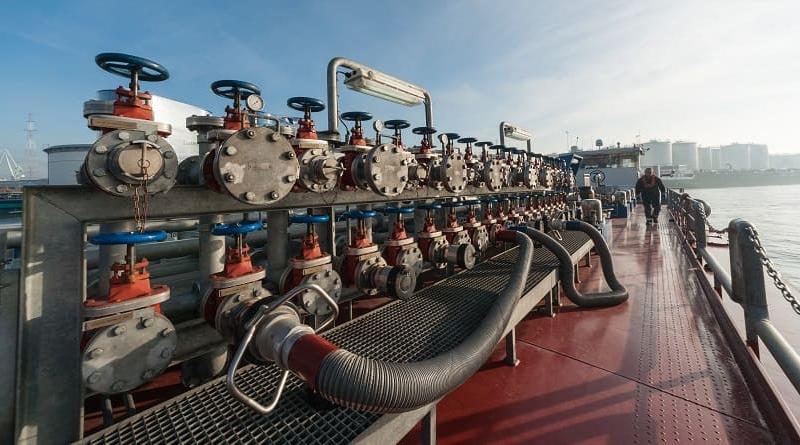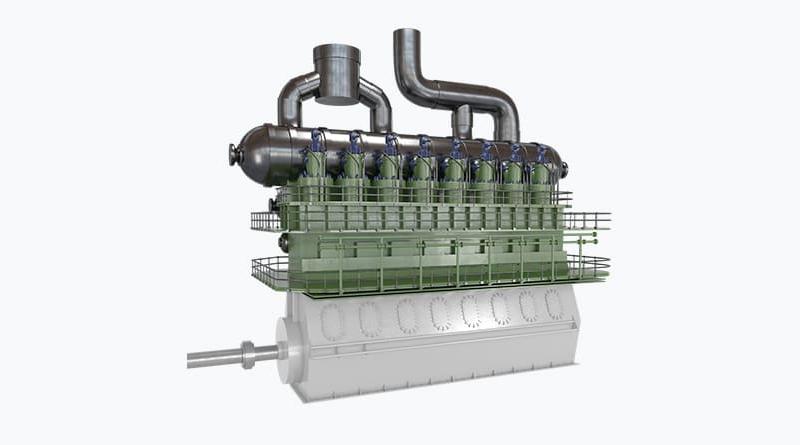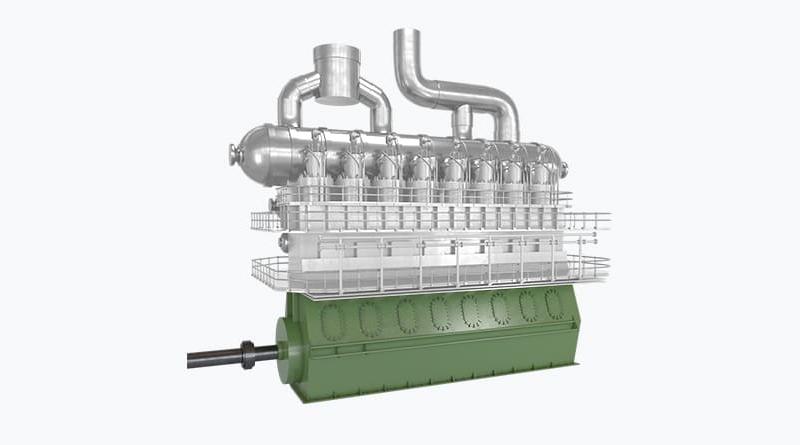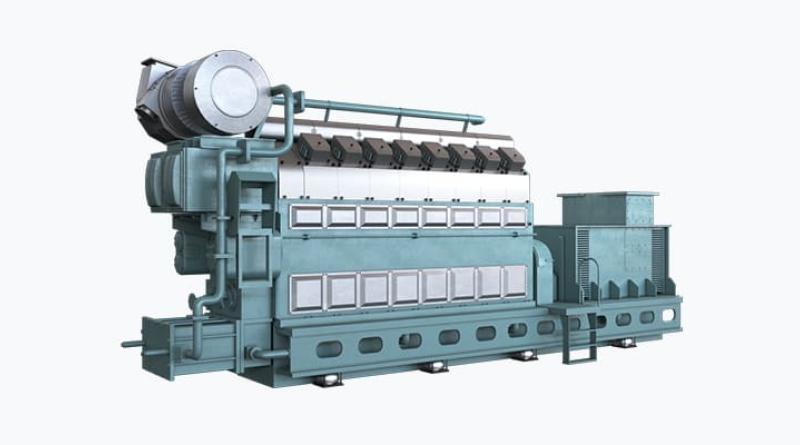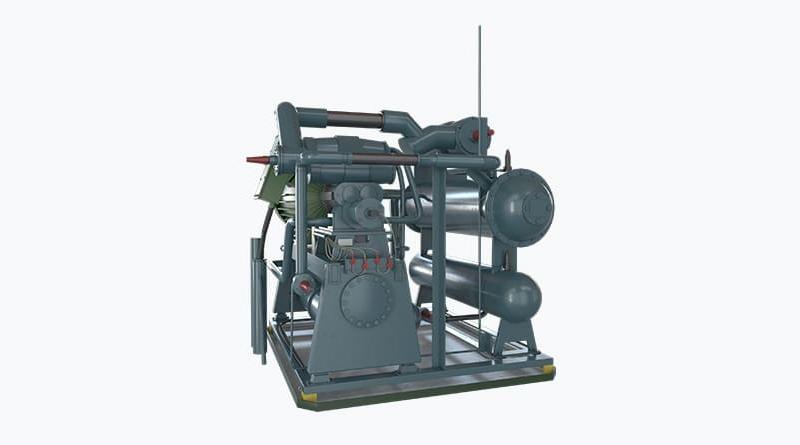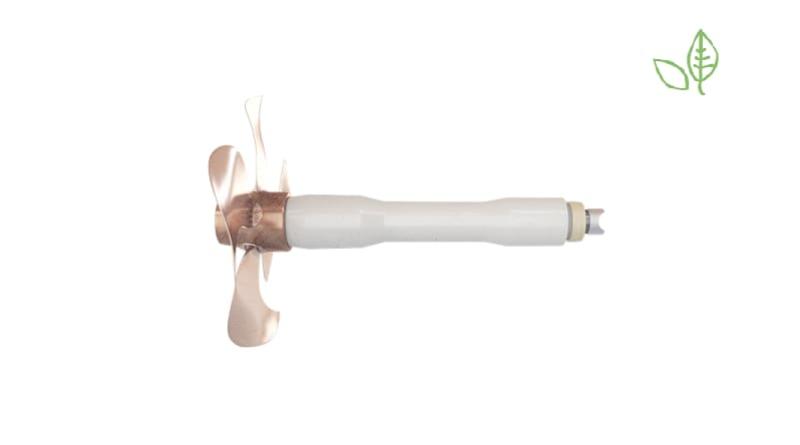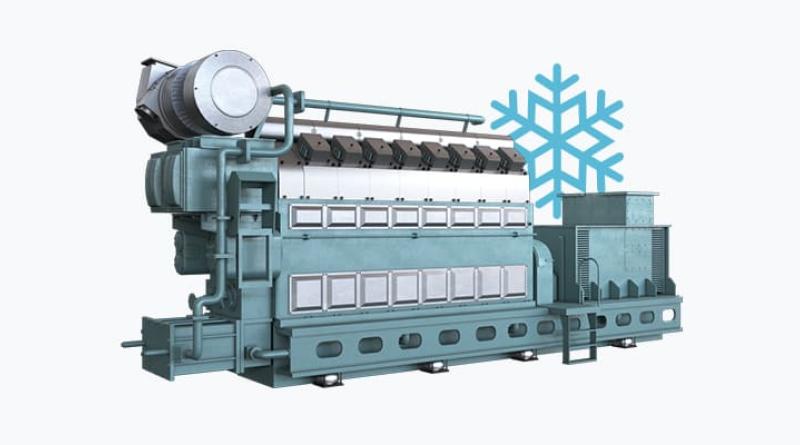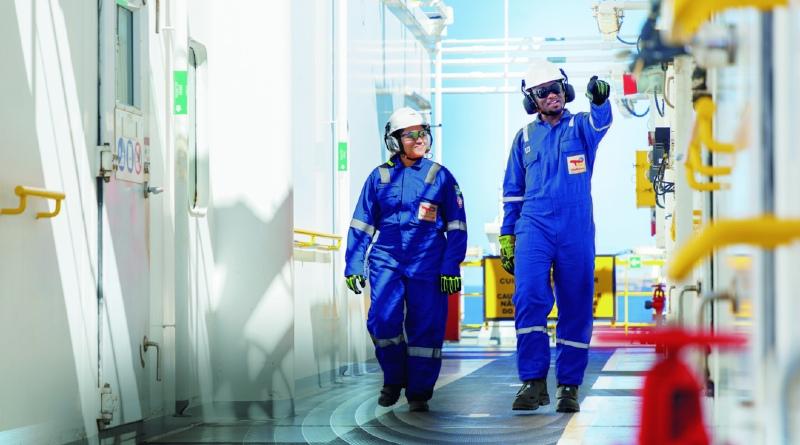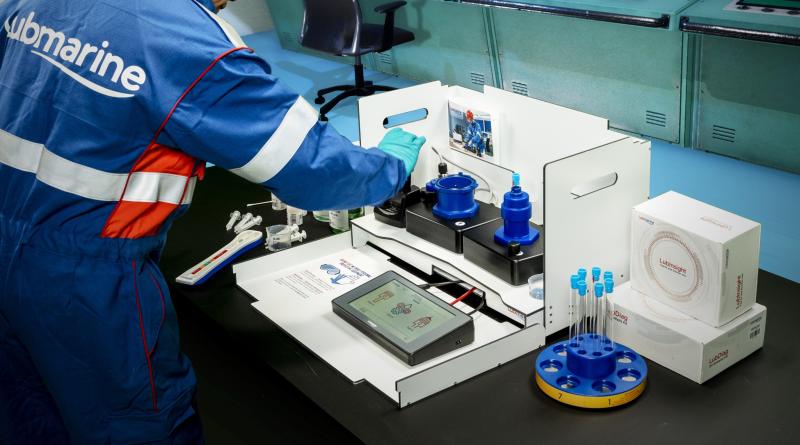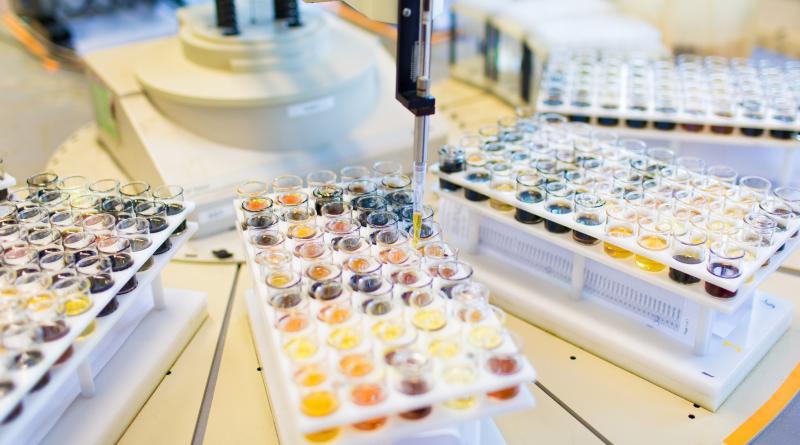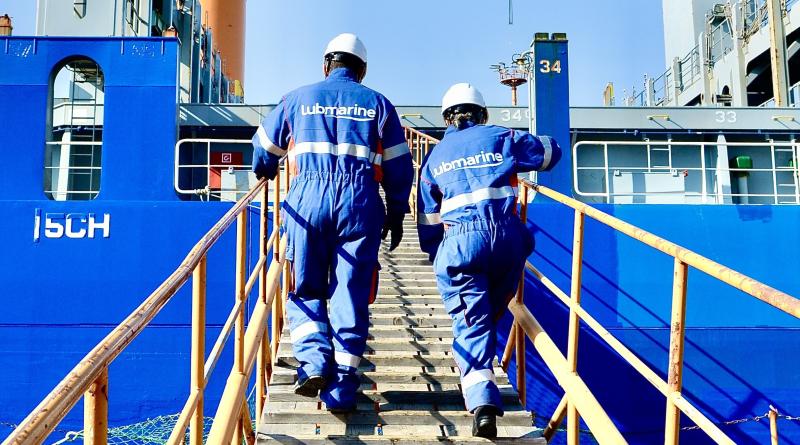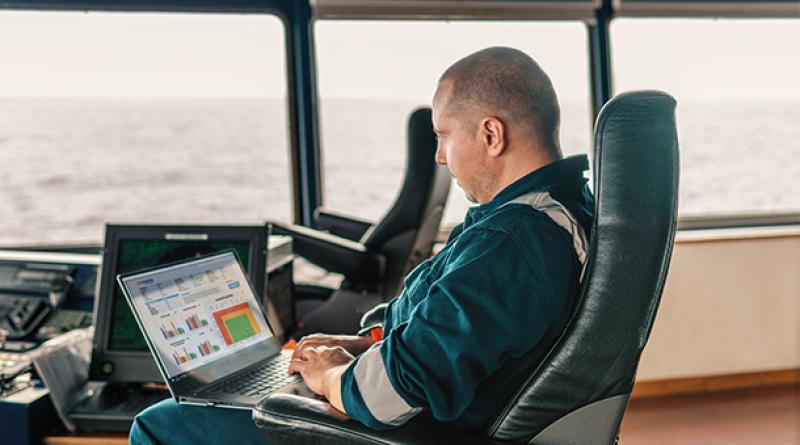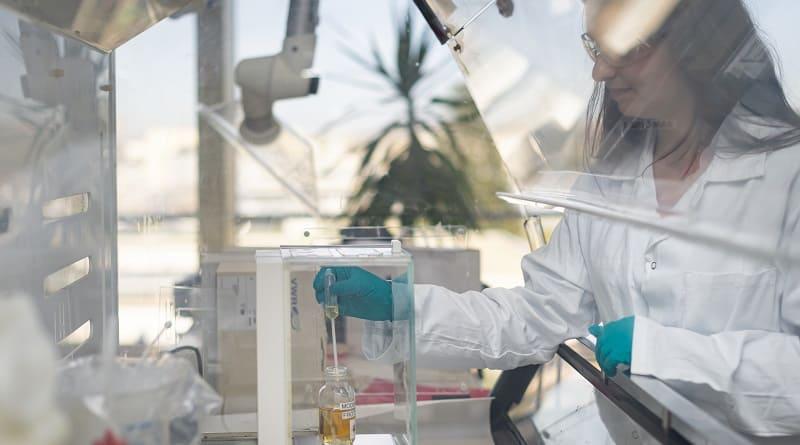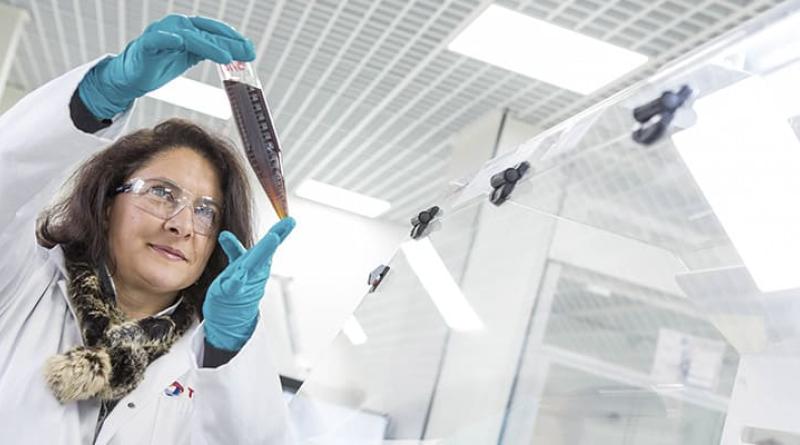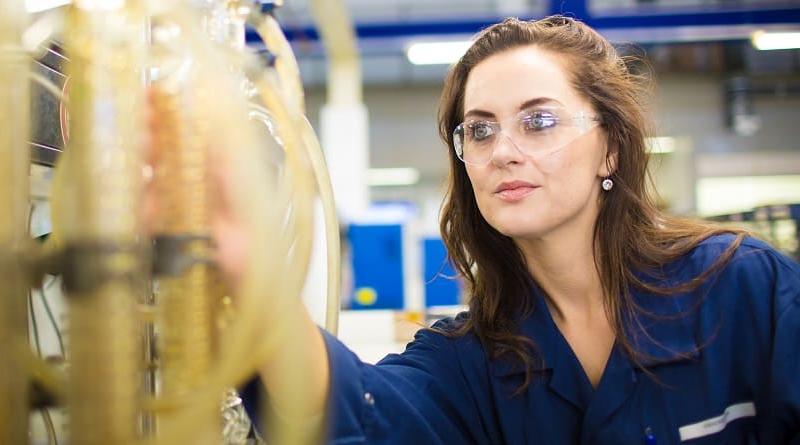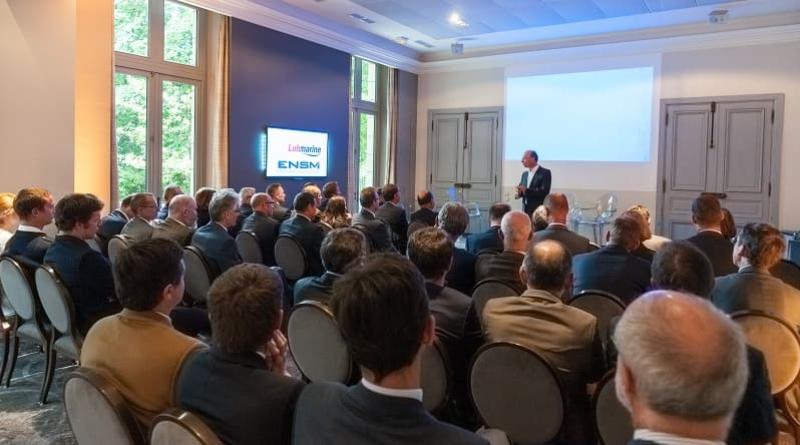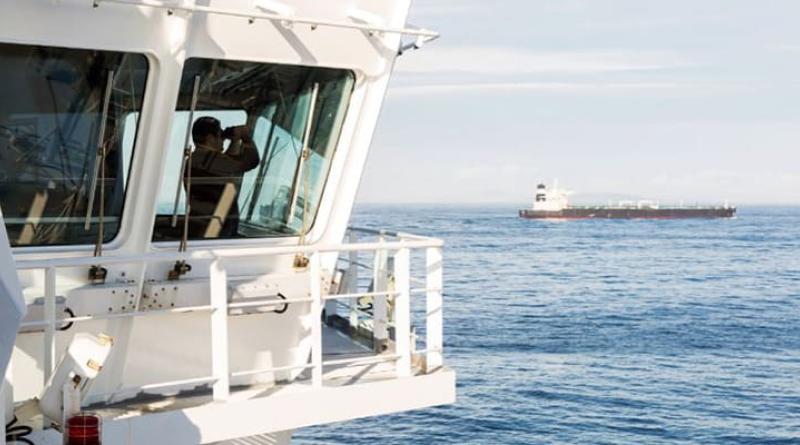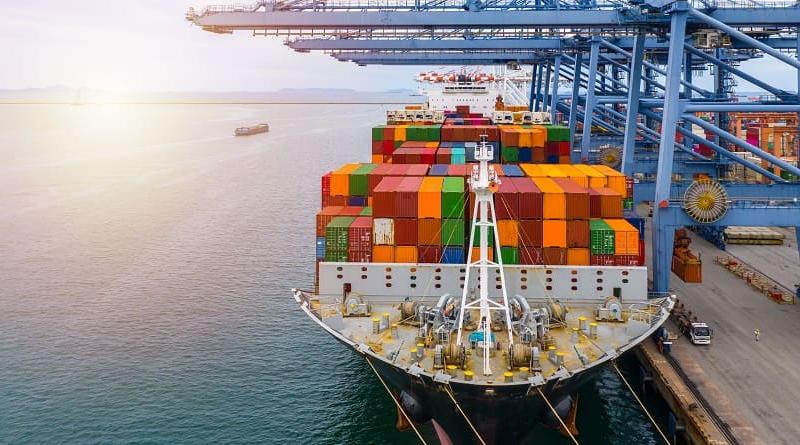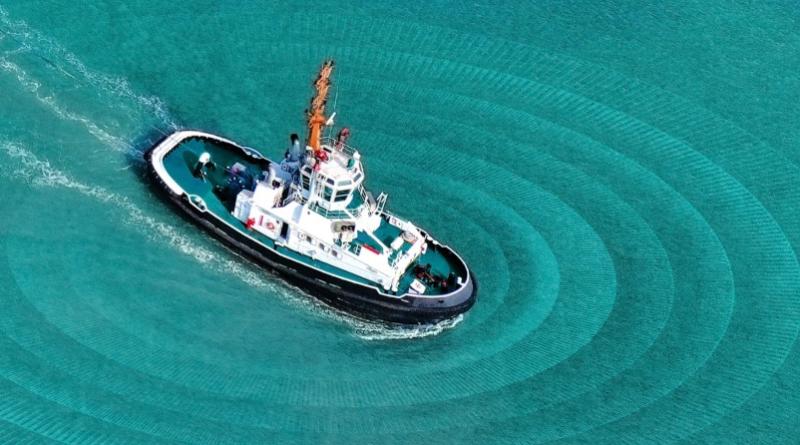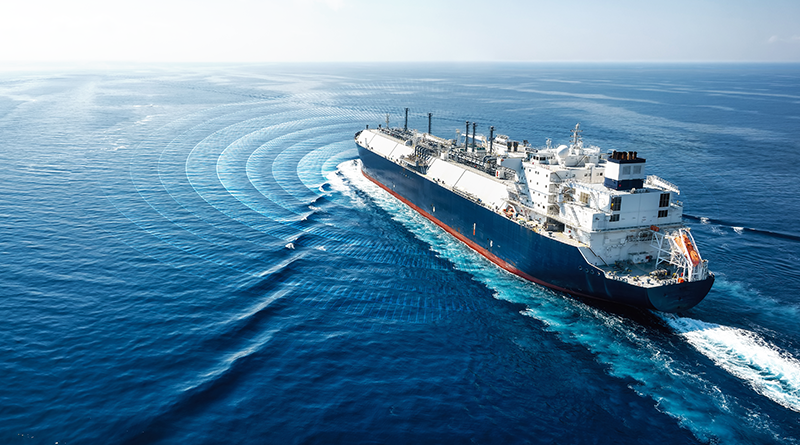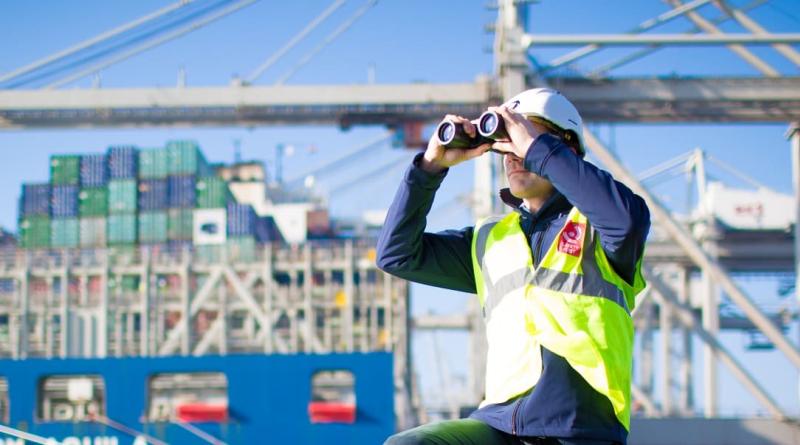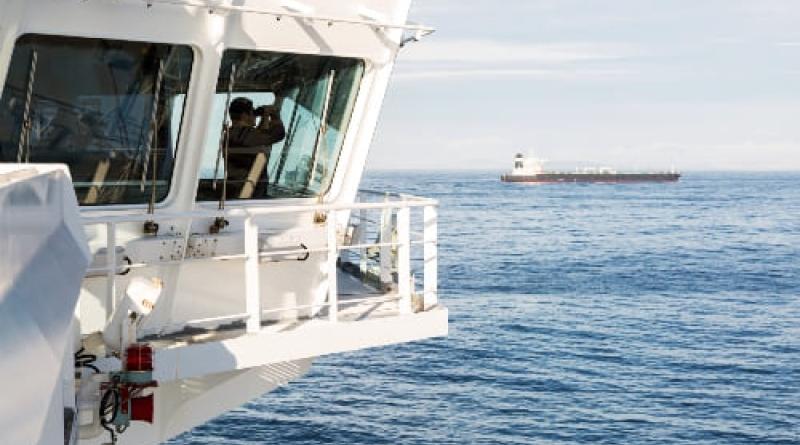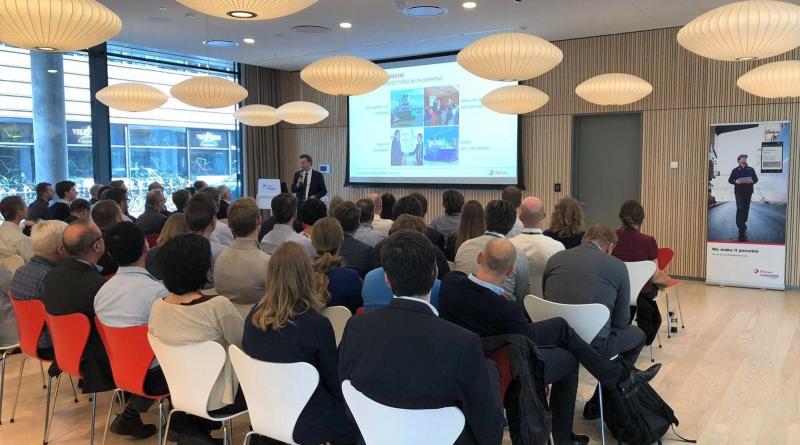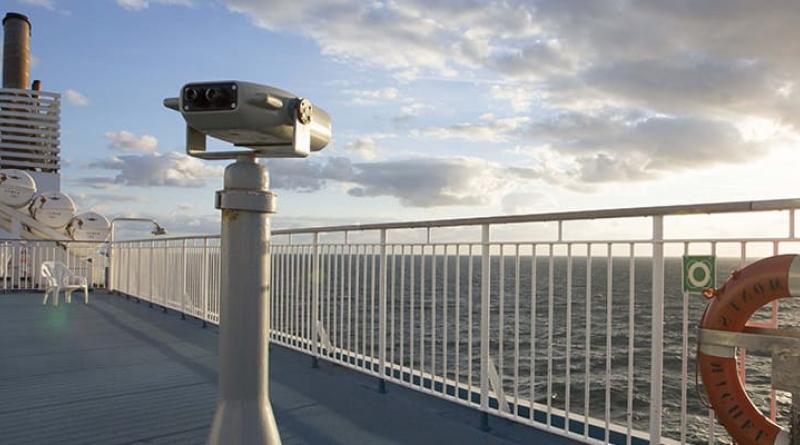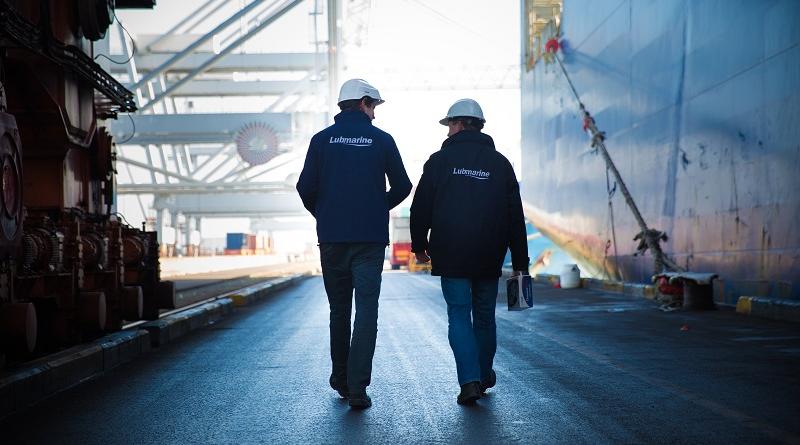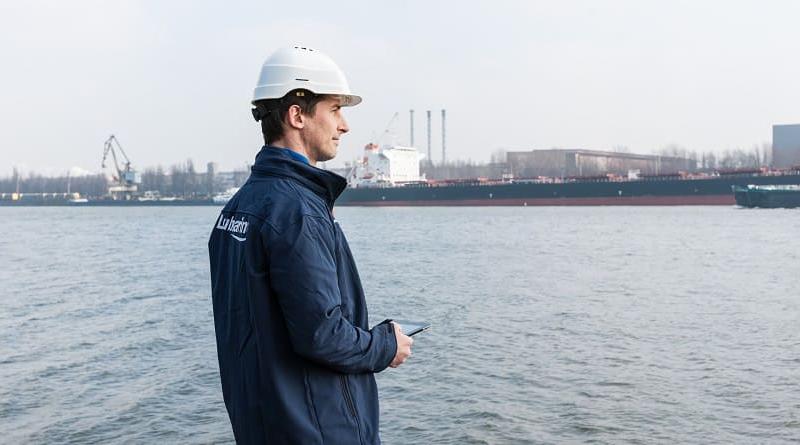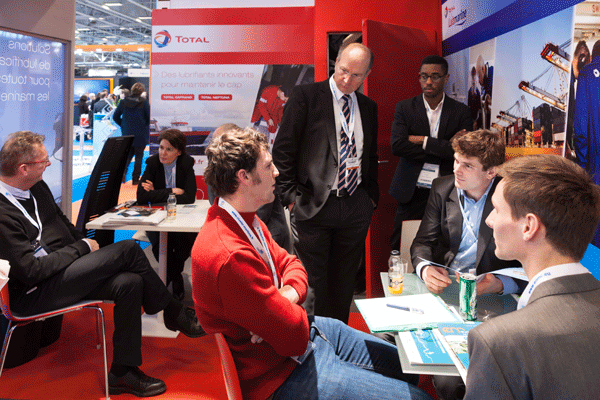
Total Lubmarine’s customers own more than 6000 ships, which all have complex lubrication requirements. Andrew Knox, Asia Pacific general manager, explains that listening to and talking with customers enables faster progress to be made than via a purely instructive approach.
When visiting customers, Knox skips the obvious – talking about marine lubricants – to begin with, and focuses on discussing their general situation and needs:
“It is crucial to ask customers what’s going on in their section of the shipping industry, rather than launching directly into a discussion on lubricants. We always listen to their opinions on industry-wide issues, day to day challenges, regulation and other topics in order to get a feel for their business and operations.”
In this way, when dealing with both existing and new clients, the commercial team is able to map out an idea of how Total Lubmarine’s lubricants can be supplied in such a way as to enhance existing operations and solve regulatory issues.
Interestingly, the commercial team infrequently meet with purchasing managers – instead discussions are often held with technical managers, fleet superintendents and senior management. With the growing complexity imposed by new regulations, changing engine designs and sailing speeds, efficient and correct lubrication is a crucial aspect to running a successful shipping business. As such, it is important to go beyond products when conversing with customers and to initially get a grasp of their mind-set.
Senior management of shipping companies are increasingly interested in lubricants, partly as they represent a significant percentage of costs associated with running vessels. After crew, lubricants are usually the most expensive items on the list of running costs and consequently attract a proportionate amount of attention.
However customers are also familiar with Total’s listening and understanding approach and are keen to discuss their requirements in depth, especially as they experience the effects of recent regulation, notably the requirement since 1 January 2015 for ships to burn fuel with a sulphur content of less than 0.1% in emission control areas (ECAs). Ships are switching from HSFO to LSFO to high distillate fuels in the course of single voyages, with each change requiring adjusted lubrication in order to prevent engine damage and loss of propulsion. The insights that Total can bring to ship operations of all sizes are invaluable and in demand.
These factors are changing the approach of companies and their management to lubrication and also the way in which Total Lubmarine communicates with them. Beyond meetings with individual clients, shipping community meetings in shipping hubs around the world are organised to enable free exchange and debate on best lubrication practices – this enables operating difficulties to be addressed head on. In the last ten months, meeting locations have included Istanbul, Dubai and London.
Whether in private or in public, Total Lubmarine believes strongly in listening to and engaging with its customers as part of its agile response and service.


